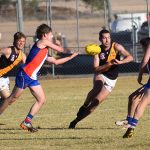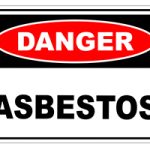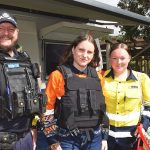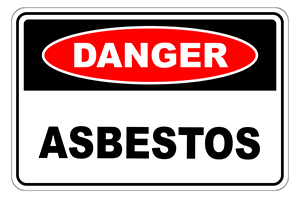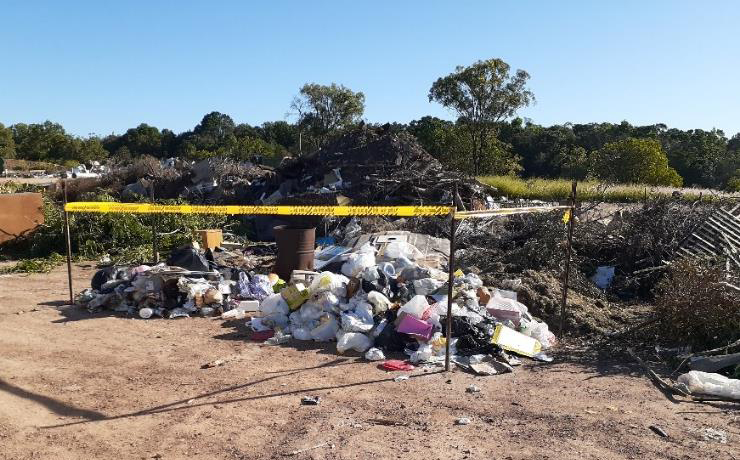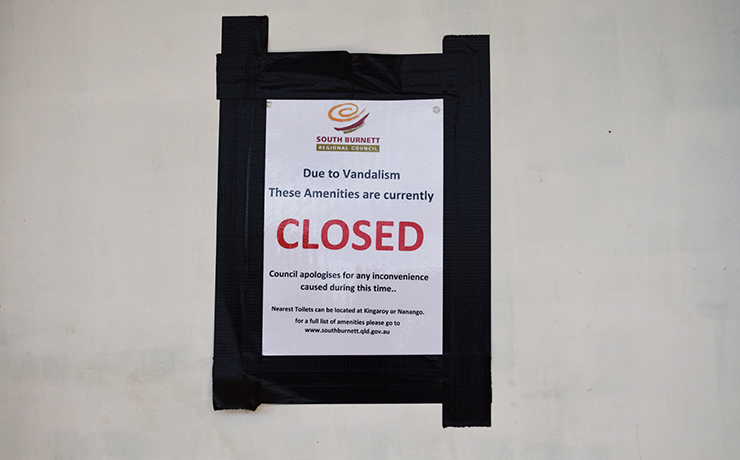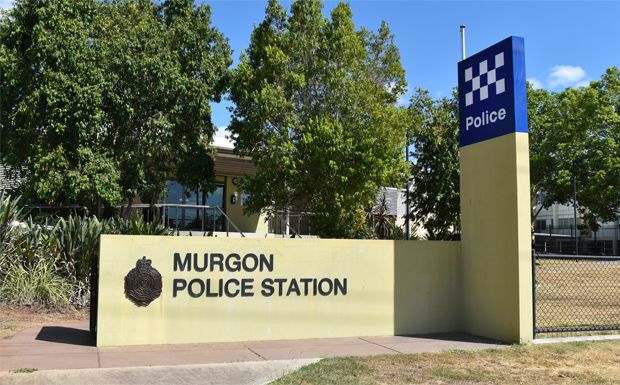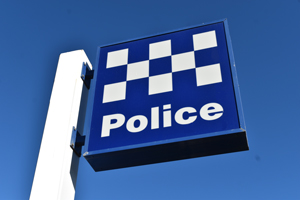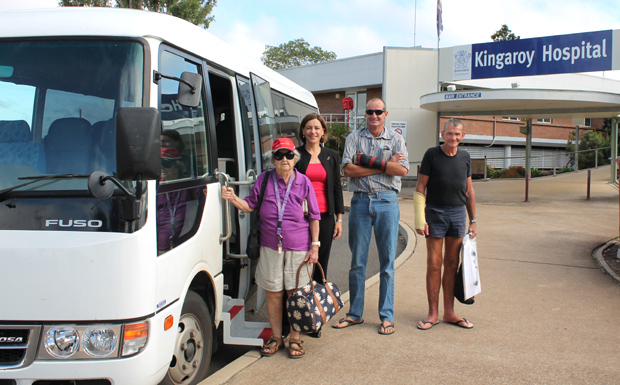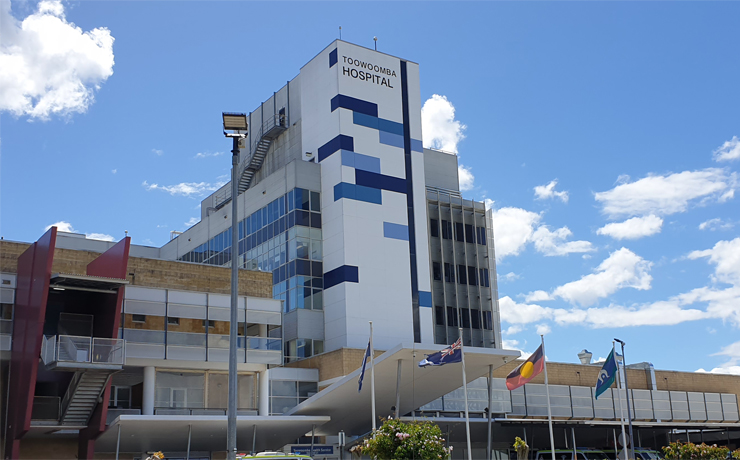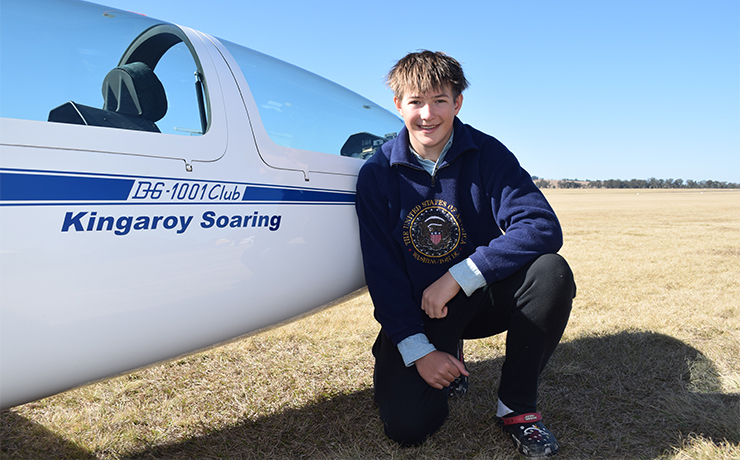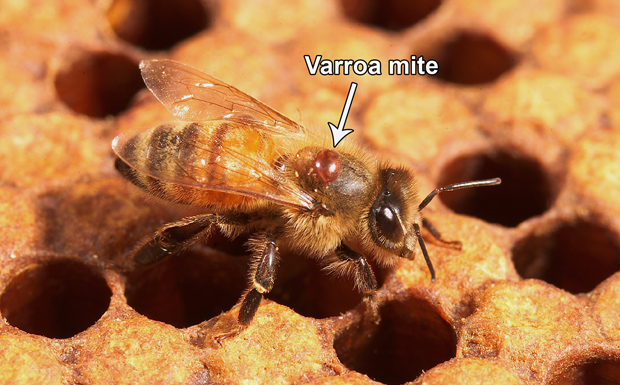
February 27, 2024
A single varroa mite has been found in a sentinel beehive at the Port of Brisbane after a routine inspection by Biosecurity Queensland.
A spokesperson said on Tuesday testing had confirmed the mite is Varroa jacobsoni, not the Varroa destructor species detected in NSW last year which has been blamed for colony collapse.
Varroa jacobsoni has been detected previously in Queensland – in 2019 and 2020 – but in 2021 the Federal Government declared it had been eradicated.
The spokesperson said secondary testing was now being conducted on the latest mite to determine if it is carrying any exotic viruses.
Biosecurity Queensland was also undertaking tracing activities to identify the potential source and likelihood of spread.
As a precautionary measure, a movement control order has been put in place to prevent any potential spread.
Movement restrictions apply to all beekeepers who have hives in or have had hives in the surrounding localities to the Port of Brisbane within the past 90 days.
Restrictions apply to the movement of bees, bee hives, bee products and used bee keeping equipment.
Both Varroa jacobsoni and Varroa destructor are classified as prohibited matter under the Queensland Biosecurity Act 2014.
If found or suspected, they must be reported immediately to Biosecurity Queensland.
Beekeepers must also notify Biosecurity Queensland of any hive movements in or out of the movement control area or any bees bought or sold in the last 90 days.
Report varroa mite to Biosecurity Queensland online or by calling 13-25-23.
Biosecurity Queensland is contacting registered beekeepers inside the movement control area, but anyone unsure of what the control order requires of them should contact the Department of Agriculture and Fisheries on 13-25-23 before moving any items.
* * *
All Queensland beekeepers have been urged to:
- Continue monitoring hives for varroa mite using the alcohol wash method (at least every 16 weeks)
- Report your hive check using the Bee 123 form even if you do not find any suspect mites
- Immediately report unexpected hive deaths, deformed bees, bees with parasites, poor brood patterns and dead brood to Biosecurity Queensland
- Keep contact details and apiary sites up-to-date and renew their biosecurity entity registration when due
- Keep accurate and up-to-date records of hive movements, hive checks, and any bees bought or sold
- Keep up-to-date with the relevant State authority for movement requirements before entering or leaving the State
- Report sightings of Asian honey bees, feral nests/swarms or hives showing symptoms of exotic pests to Biosecurity Queensland
- Find out more about varroa mite
Related articles:









